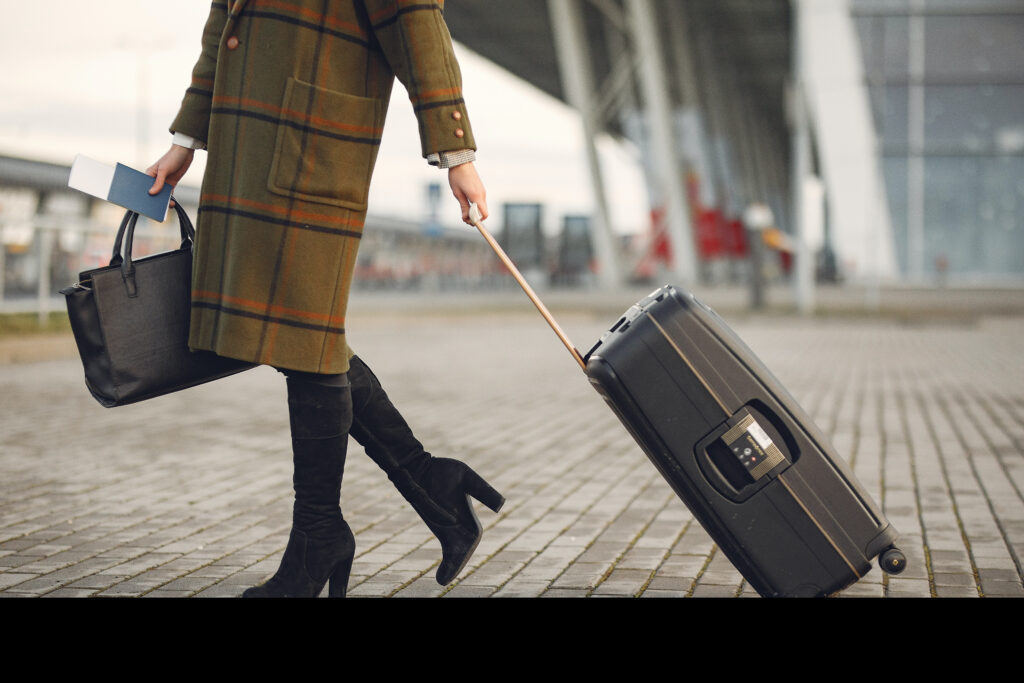When we all begin traveling again, are you ready to travel safely? We’re not only referring to staying safe from Covid19 or any of the emerging variants, but physically safe, plus ensuring your trip is not disrupted by unexpected and unwanted circumstances.
Douglas Parisi, the Director of Training for SafeDefend, a former police captain with over 20 years of service and with extensive training in on-site security, and civilian response to hostile events says “After being quarantined for the past year, we are all excited to get out, travel to new places, and experience new things. In all the excitement, don’t lose perspective that you still need to protect yourself and your family from those that would take advantage of you being in an unfamiliar environment. Safety is your responsibility. Taking a few simple steps before you leave home can ensure a memorable and happy vacation.”
As many of us start thinking of traveling again, Mr. Parisi offers the following 11 safety precautions people should consider to ensure you are well prepared for your long-awaited travels:

- COVID enforcement isn’t your responsibility. Wear your mask, and if you find someone not following the rules you should inform a person in charge. Don’t risk being detained or worse due to an altercation. Learn to travel safely.
- Don’t rely on technology for your itinerary. We are dependent on our smart phones for almost everything, however, low batteries, lost phones or no signal can disrupt your plans. Before you leave home, print your dates, times, confirmation numbers, locations, and contact information for all your travels. Share this information with friends and family. Also know that staff a rental cars companies, airlines, hotels, and tourist attractions can also help you recover lost information.
- Don’t risk your travel safety for the perfect photo. Selfies have resulted in unnecessary injuries.
- Don’t make your vacation public until you return home. Postings on social media announcing a trip or showing photos during the trip is a good way to inform people your home is vulnerable.
- Let your financial institution know you are travelling. If they don’t know you are travelling across the country or out of country, it could result in extra scrutiny on your account. If they can’t contact you, it might result in your charges being declined.
- Back pockets are horrible place for valuables. Wallets, passports and valuables should be kept in backpacks, purses or front pockets that are generally more secure than a back pocket. Minimizing the content of your wallet or have an alternate wallet just for travel with help you maximize your travel safely protocols.
- Travel with a first aid kit. Make the kit a smaller one for air travel and a larger one for road trips. Don’t rely on emergency services in the short term. Secure wraps, tourniquets, bandages, and hemostatic agents can save lives. This is a must for any cross-country travel.
- Don’t use unfamiliar ATMs. Many travelers have been scammed by recording devices or card readers. When possible, use credit cards to minimize the amount of cash on your person but do have some cash on hand for emergencies.
- Secure your items in the hotel room safe. Too many people hide belongings in suitcases. This is a known practice that is easily thwarted.
- Be aware of your surroundings. Situational awareness is critical when traveling. Be aware of the same car exiting behind you. Recognize the same person following you around. Trust your instincts when you start to feel unsafe you are probably sensing danger.
Other stories you may be interested in:
Is it safe to visit a spa during the pandemic
Six ways to save money when traveling